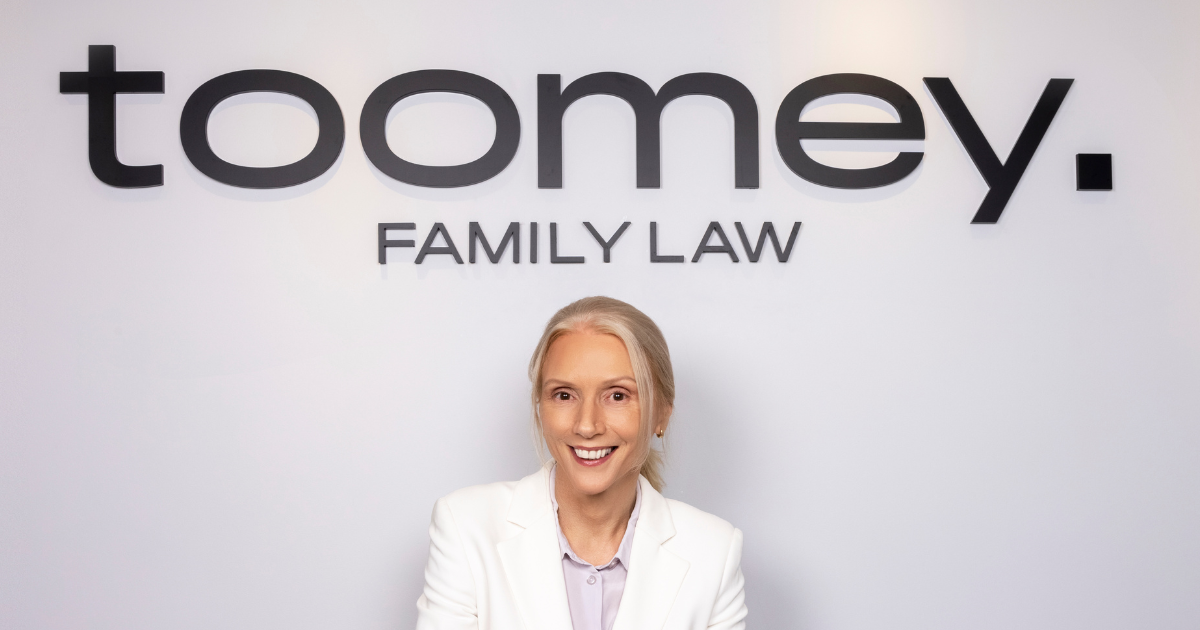
31 Aug The Disclosure Process for Property Settlement Cases
Property settlement is an important part of your divorce or separation. But to get through a property settlement, you also have to get through the disclosure process. And when you’re not sure what your obligations are or how to find the information, it can also be confusing and time-consuming.
It doesn’t have to be. This article will lay out everything you need to know about disclosure and the disclosure process in your property settlement case.
The Disclosure Process for Property Settlement Cases
During any family law matter, each side will ask for and be entitled to receive documents and information from the other side. We call this ‘discovery’ and the information that is provided, ‘disclosure’. The entire process is the disclosure process.
Disclosure is an ongoing obligation during property settlement negotiations and court proceedings. And the Federal Circuit and Family Court have clear requirements about the type of disclosure that is required and when it needs to be made.
Meeting these obligations is vital for the proper settling of your property. You have a legal duty to make a full and frank disclosure of your financial obligations. The courts take this obligation very seriously. In fact, it’s so important that lawyers have their own layer of obligation. This requires them to give their clients the right advice about making a disclosure about all relevant matters.
Why do you need to provide disclosure?
Disclosure enables all the parties (you and your ex-partner and your lawyers) to see all the relevant financial and other information and to be able to review and analyse it for yourselves. When a relationship dissolves, trust generally goes along with it. The disclosure process means you can feel confident that you have the full financial picture and can seek the right settlement division.
The Family Law system is designed with the core assumption that the people involved have all the information they need to make informed decisions. So it’s important that you and your ex-partner fulfil that obligation to the fullest extent possible.
What if you don’t meet your disclosure obligations?
If disclosure is not made properly, then you may be subjected to penalties. These could include cost orders, the court ordering you to receive a smaller percentage of the asset pool and even the ultimate penalty where orders are set aside completely.
Regardless of the penalties, if you fail to provide disclosure you could frustrate your own chances of resolving your property settlement amicably.
What documents are ‘discoverable’?
‘Discoverable’ documents simply refers to the information that falls under the disclosure requirements of the Family Law system. Often these include:
income tax returns and notices of assessment
- financial statements
- rates notices
- mortgage statements
- bank statements
- cryptocurrency statements
- credit card statements
- superannuation statements
- payslips
- trust or partnership arrangements
- asset valuations
- personal loan statements
- company financial interests
Of course, every situation will be different and your financial disclosure will be specific to your case. An expert – like our family law team – can help you to pull together the right information and ensure the entire disclosure process runs smoothly.
Understanding your financial records for property settlement financial disclosure
If you’re unsure what your financial situation looks like or where your assets are, read our blog about understanding your financial records. It will help you determine what assets you might have and how to find the disclosure information.
What is the disclosure process?
The disclosure process itself is fairly straightforward. Each party will provide the other with a list of documents (called List of Documents, which is required to be in this form) that it believes it needs to provide to that party. The List of Documents also will include the documents that should be discoverable but are not due to some form of privilege (which means it can be kept private). Privilege itself is very complicated, and generally, a lawyer will need to advise you on this.
Along with your List of Documents, you also need to make the documents on the list available for the other party’s review or provide copies of those documents. Again, you don’t have to provide the documents that are covered by privilege. But all documents that you will provide must be delivered within 14 days of the request.
Of course, collating and distributing documents within the disclosure process can be time intensive. You can make sure that the disclosure process goes smoothly by being as organised and efficient as possible. An expert lawyer can also help you ensure that you’re providing the right information and getting the right information back from the other side.





